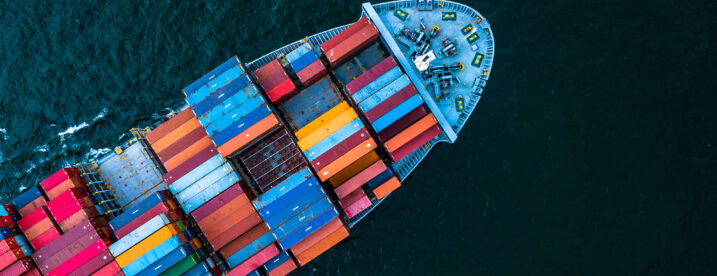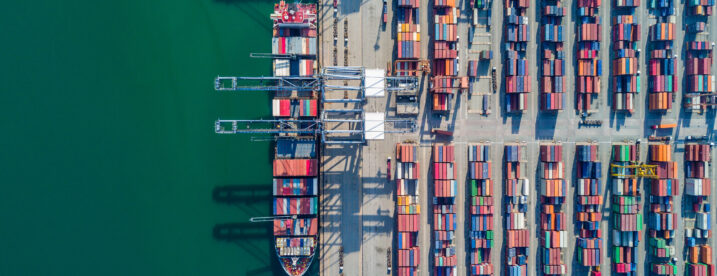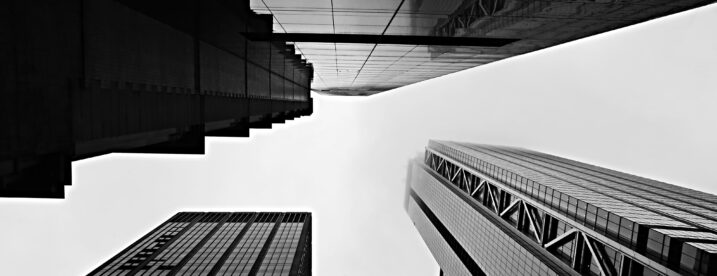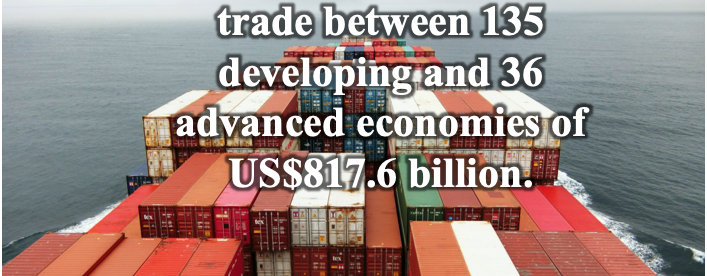It’s Not Them, It’s Us
By Katherin Alfonso, Nicholas Shaxson, June 1, 2020
The world’s richest countries have preemptively decided they can’t beat the offshore crooks, and so have instead joined them.

By Katherin Alfonso, Nicholas Shaxson, June 1, 2020
The world’s richest countries have preemptively decided they can’t beat the offshore crooks, and so have instead joined them.
By Rick Rowden, May 6, 2020

Even in normal times, there has been a growing recognition of the threat that illicit financial flows (IFFs) pose to the integrity and stability of the global financial system. But now, with the onslaught of the Covid-19...
By Maureen Heydt, May 4, 2020

“I am passionate about pushing governments to be more accountable to the public interest, especially to the groups that are systematically marginalized from power.” As part of Global Financial Integrity’s work to highlight the voices and work...
May 1, 2020

Editor’s Note: This opinion piece was written by a former US Treasury official, who has requested anonymity. Many illicit finance experts agree trade-based money laundering (TBML) is one of the largest, if not the largest, money laundering...
By Tom Cardamone, April 30, 2020

There are just ten years left to achieve the 2030 Agenda for Sustainable Development, and yet countries face a $2.5 trillion annual financing gap to achieve the corresponding Sustainable Development Goals (SDGs). This figure does not account...
April 14, 2020

As much of the world experiences life under quarantine from COVID-19, the team at Global Financial Integrity share our top picks for the books, TV shows, movies and long-form journalism examining illicit financial flows (IFFs) from multiple...
By Maureen Heydt, March 16, 2020

The revelatory Luanda Leaks by the International Consortium of Investigative Journalists (ICIJ) and 35 partner organizations exposed the critical role financial service providers – frequently Western – play in facilitating massive international financial scandals. Indeed, the ICIJ...
March 4, 2020

A lack of trade integrity results in potentially massive revenue losses – all at a time when most countries are struggling to mobilize domestic resources for development Global Financial Integrity (GFI) recently released its newest report, “Trade-Related...